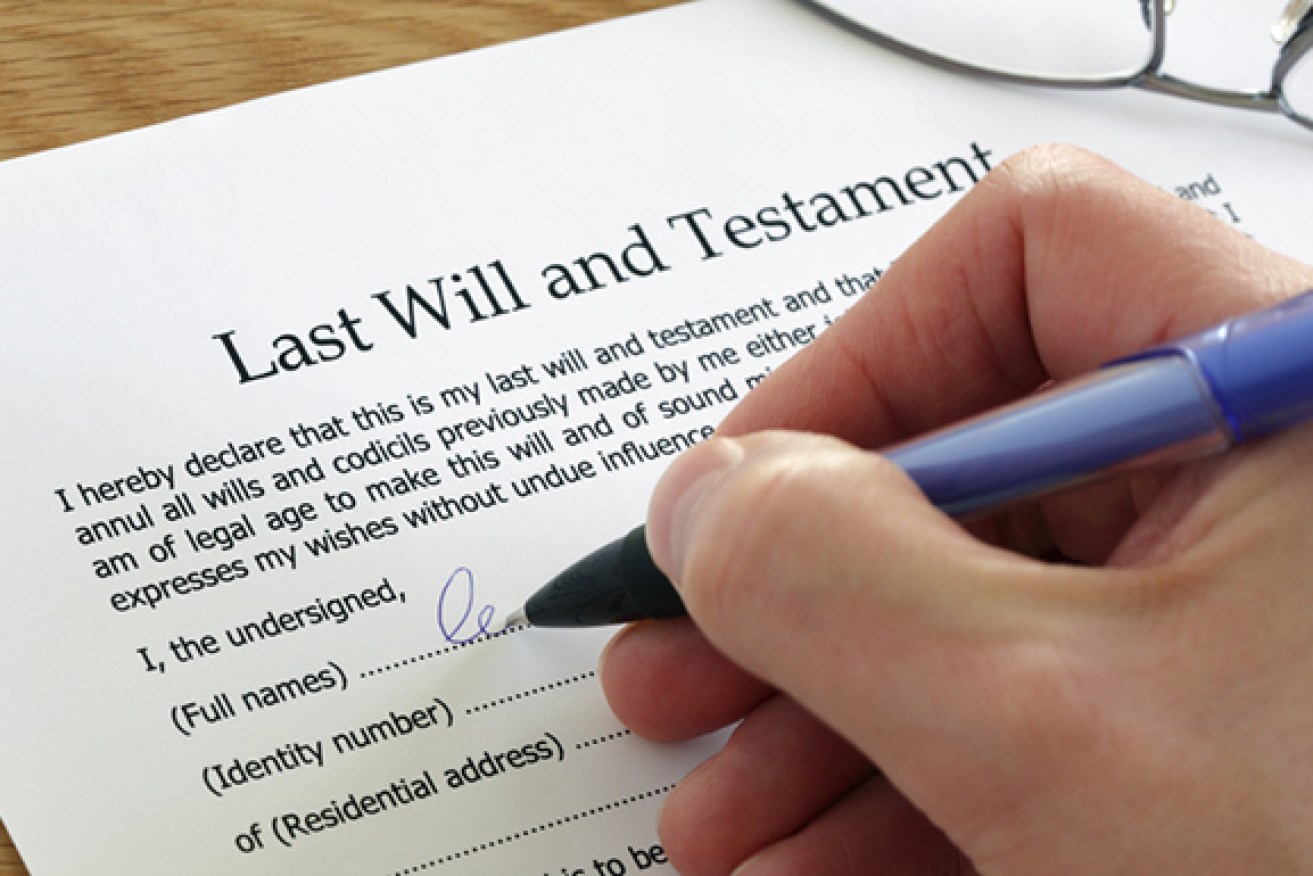Is it fair to contest a Will after the death of a loved one?


Shutterstock
The loss of a loved one can be a testing time for families and friends, especially when it comes to finalising the deceased’s estate.
Unfortunately, some family members and loved ones are unfairly provided for by the deceased in his or her Will, or even left out altogether without good reason. Often, this realisation comes at what is inevitably an already difficult and trying time.
In Australia, if you have been inadequately provided for, or not provided for at all, depending on your relationship with the deceased, you may be able to contest a Will and obtain a greater share of the estate.
Contesting a Will is not about greed. There are plenty of legitimate reasons why someone may feel they have been unfairly provided for in a Will, such as:
- They may have assisted the deceased in building up the estate without ever previously being properly compensated;
- They may have made both personal and financial sacrifices to care for the deceased over a substantial period of time and then find themselves in dire financial circumstances at the time of the deceased’s death;
- They may have been wholly or partly dependent on the deceased and find that the Will fails to provide adequately for them;
- They may find that the deceased completely underestimated or disregarded their true financial needs, (often increased due to some disability or special need); or
- The Will may be out of date, done many year earlier at a time when the deceased’s obligations were very different to what they are at the date of death.
Most matters never make it to a Court room and are frequently settled by negotiation, often at a formal mediation.
However, if a Will dispute proceeds to a Court hearing before a Judge, there are a number of factors the Judge will take into consideration, including:
- Any obligation by the deceased to provide for the applicant;
- The size of the estate;
- The financial needs of the applicant relative to other people who benefit under the deceased’s will;
- The nature and length of the relationship between the applicant and the deceased;
- The health and financial needs of the applicant;
- Any contributions made by the applicant to the deceased’s welfare; or
- Whether any other person is liable to provide for the applicant.
What happens if no Will was left?
If the deceased did not leave a Will, known as ‘dying intestate’, there are laws which set out how their estate should be distributed, which differ from state to state.
Under these laws, a large portion of the deceased’s estate is usually distributed to their spouse or de facto partner. This often means others who were dependant on the deceased are unfairly provided for or left out altogether.
It is possible to contest these rules in the same way that is possible to contest a Will.
Are challenges to Wills common?
The dispute over someone’s estate is not uncommon in Australia. According to recent research, one third of Australians had experienced tension or conflict in their families over the distribution of assets and inheritance under a Will.
A comprehensive, up to date Will and clear communication of wishes can help prevent Will disputes. However, there are laws in place to help people who have been unfairly provided for.
At the end of the day, estate planning and intestacy issues are complex and emotional, so it is best to obtain expert legal advice for peace of mind and family harmony.
This content was brought to you by Slater and Gordon. For more information, click the logo below:
